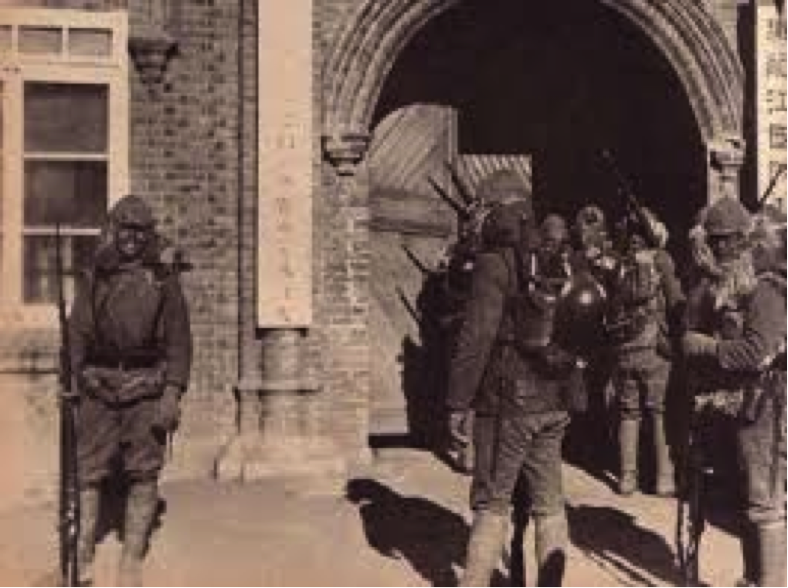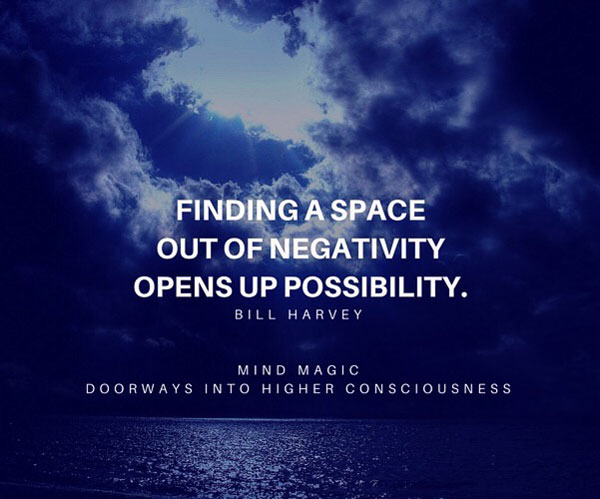Created September 18, 2020
Increasing world tensions and the upcoming election cause me to think back to the days when the U.S.A. and China were friends.
I’ve done a lot of research into the period of the 30s and 40s as a result of helping to write a script about a real person unknown in her own country but known to every schoolchild and adult in China, still to this day, although she left this world in 1950.
She’s one of the four non-Chinese – out of 10,000 – bodies buried in the Heroes’ Graveyard in Beijing.
The only one of the four to have never been a card-carrying Communist. They remember her as “Schmedeley” and their faces reflect awe and respect when they say her name.
She arrived in Manchuria in 1929 as a war correspondent for a liberal German newspaper that was later shut down by Adolf Hitler.
China was already in its own Civil War between the Nationalists, also known as the Koumintang (now the government in Taiwan), in power on the mainland at the time, and the Communists, just arising.
In April the year before her arrival, Mao Zedong promulgated the Three Rules of Discipline and Eight Points for Attention, a document instructing the Red Army on tactics, method and behavior. That would be like a person of today announcing on the Internet “I am about to build an army, attack and overthrow you, and here’s how I’m going to do it.”
The Wall Street Crash happened in 1929 too, in Germany causing the Weimar Republic to collapse.
Agnes Smedley’s on-the-ground investigations in Manchuria amazed her. The place was overrun with Japanese, who seemed to be in charge. The Japanese meanwhile immediately noted her interest and made endless attempts on her life for the next fifteen years. She could not understand how this giant country would allow the little offshore island to throw its weight around even in this distant outpost.

New Year’s Day, 1929. Harbin, Manchuria
Agnes’s first day in China
She took this photo of Japanese soldiers
In 1930 she ran a story based on some evidence she had turned up that the Japanese had a plan for world domination (the Tanaka Memorandum as it has been called in the West, no one has ever found it, if it did exist, but the plan existed) and were going to invade China. Her paper wouldn’t run it. Two years later when Japan invaded China her paper ran the story and apologized for having sat on it for two years.
Agnes Smedley was born in Osgood, Missouri and lived most of her youth in Trinidad, Colorado. The family was dirt-poor. Her ancestors had come over on the Mayflower and interbred with Native Americans.
 She put herself through school at NYU and became an early leader in the feminist movement, writing columns for Margaret Sanger’s Birth Control Review. During World War I, she had worked in the United States for the independence of India from the United Kingdom, receiving financial support from the government of Germany.
She put herself through school at NYU and became an early leader in the feminist movement, writing columns for Margaret Sanger’s Birth Control Review. During World War I, she had worked in the United States for the independence of India from the United Kingdom, receiving financial support from the government of Germany.
Agnes was like that, a pragmatist, she would take money from anyone and put it to good causes – mostly to free oppressed people, especially the poor. Germany at the time was a country not yet Nazified. However, the stain of Nazism was later applied to tarnish her. The Brits were not pleased at losing the Raj, and she had played a role in that. Ironically, she was also blamed for spying on the Japanese for the Russians, even though the Russians were our allies in WWII. It didn’t help her reputation that the spy she installed against the Japanese, Richard Sorge, became known as the top spy in the world. She did what she had to do to stay in the center of her energy vortex which had historical impact on more than one occasion. As if she were just accidentally, Forrest Gump style, happening to be at the right place at the right time at innumerable historic turning points, and getting to play a role in their unfolding.
Like when Chiang Kai Shek was kidnapped by one of his own generals in Xian, and Agnes got to do the broadcast about it from the front line for CBS Radio. She reported to the world that Chiang was being released because he had agreed to put a pin in the civil war and create a united front with the Communists to drive the Japanese back to their island.
Everyone knew that she had been pushing for the united front in her columns for a long time.
To be continued next week.
A Song for Today: I Am an American
May the Center hold.
My best to all,
Bill
Follow my regular media blog contribution, In Terms of ROI at Media Village. Click here to read my latest post.



